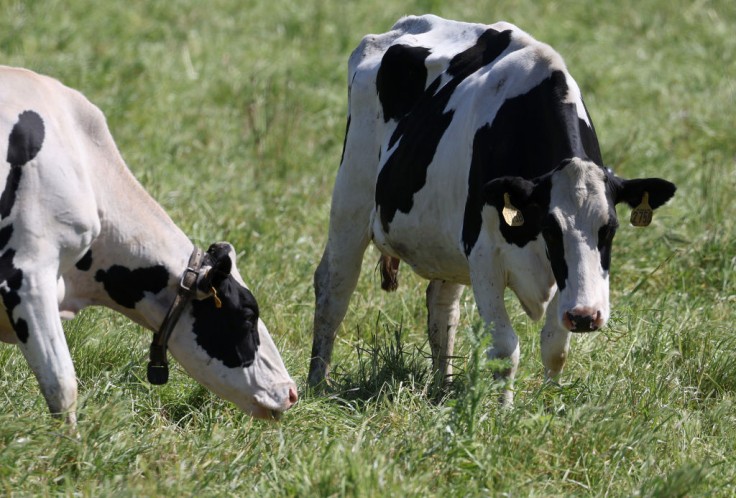
The U.S. Department of Agriculture (USDA) declared on Monday its drive to gather ground beef samples from retail stores in states where epidemics of bird flu have happened among dairy cows, for testing.
Despite this, the USDA continues assurance in the security of the meat supply.
Inactive Fragments of H5N1 Virus Were Found in Pasteurized Milk
This drive follows the finding of dormant particles of the H5N1 virus, discovered in samples of pasteurized milk from across the country, after the virus was verified in dairy herds in nine states: Texas, North Carolina, Colorado, Idaho, New Mexico, Kansas, Michigan, South Dakota, and Ohio.
According to an announcement, the USDA will examine the ground beef samples to discover any presence of viral particles. Some dairy cows are processed into ground beef as they age.
Starting Monday, the USDA has ordered that lactating dairy cows must test negative for bird flu before being transferred across state lines, as part of efforts to contain the month-old epidemic.
The U.S. Food and Drug Administration (FDA) disclosed on Friday that initial conclusions from gold-standard PCR tests on milk determined that pasteurization efficiently slays the bird flu virus.
Colorado became the ninth U.S. state to report a contaminated dairy herd.
USDA Plans to Inspect Retail Beef Samples
The USDA will also conduct PCR tests on the retail beef samples. Additionally, a study will use a "virus surrogate" in ground beef, cooked at various temperatures to observe the virus's response. Cooking meat to the appropriate internal temperature is known to eliminate bacteria and viruses.
Furthermore, the USDA is collecting beef muscle samples from condemned dairy cattle at slaughter facilities to assess viral presence.
In the previous week, the USDA announced the detection of bird flu in a lung tissue sample taken from an asymptomatic dairy cow that was slated for slaughter from a herd affected by the virus. Crucially, this animal did not enter the food supply.
According to the USDA, Colombia has imposed limitations on the importation of beef and beef products originating from U.S. states where dairy cows have been confirmed to have avian influenza as of April 15.
Although H5N1 is widespread in wild birds and has affected poultry and dairy farms, as well as barn cats, infected cows typically recover within 10 days.
A U.S. dairy worker recently became the second known human case of bird flu in the country, according to the Centers for Disease Control and Prevention, which is collaborating with other federal and state agencies to track the spread.
The outbreaks prompted Colombia to restrict imports of U.S. beef, leading to criticism from the U.S. Meat Export Federation, which deemed Colombia's attempt to suspend beef imports from specific U.S. states as unworkable and misguided.
As of now, there have been no reported cases of bird flu in beef cattle.